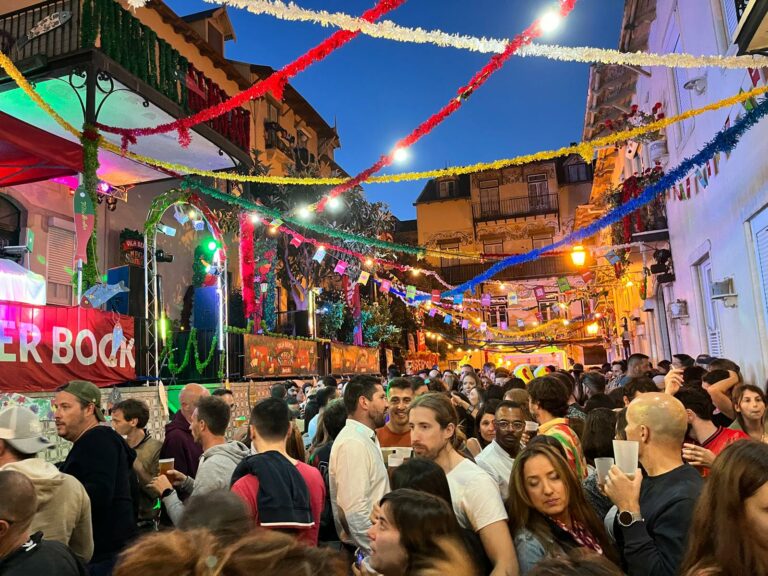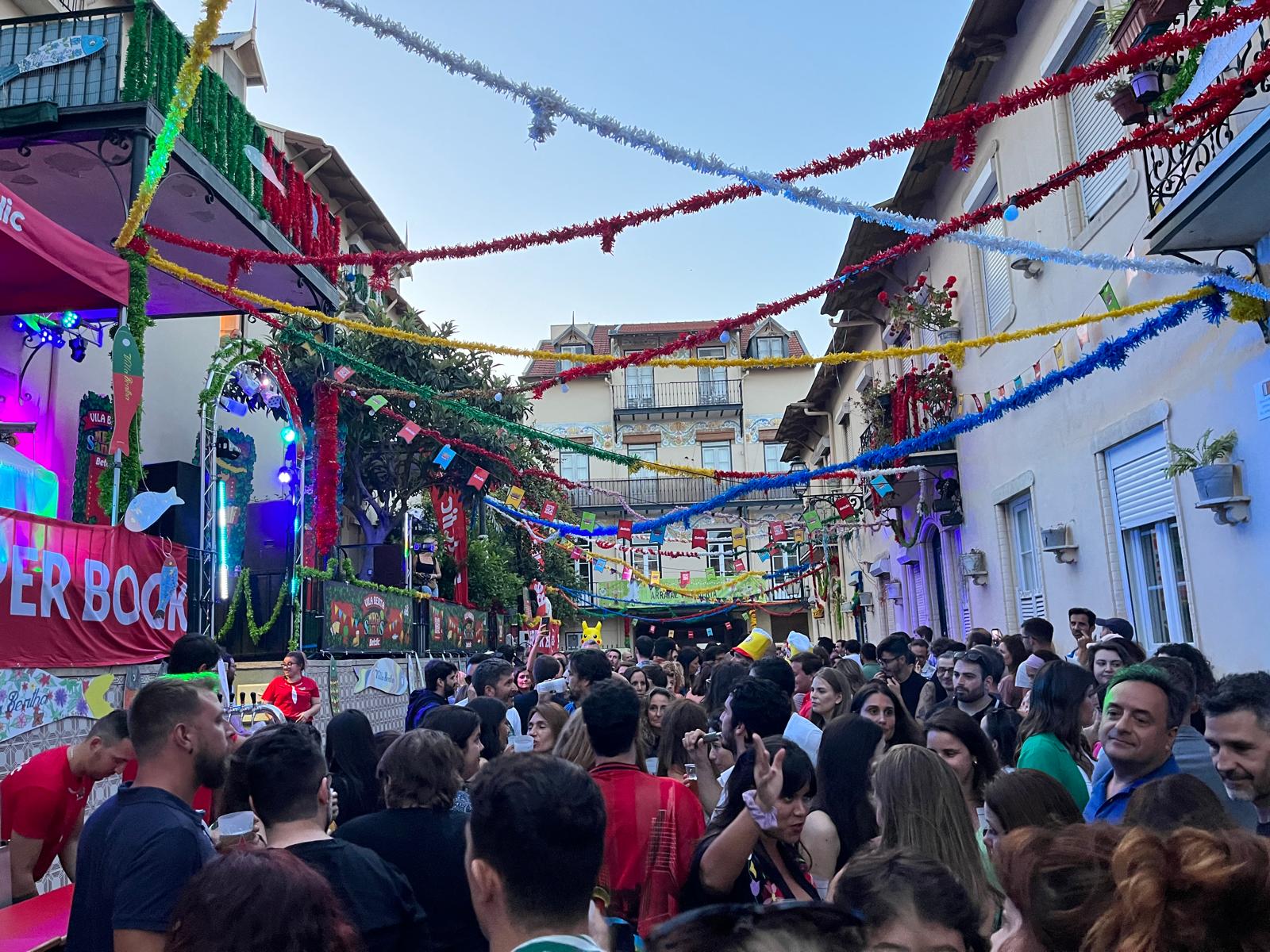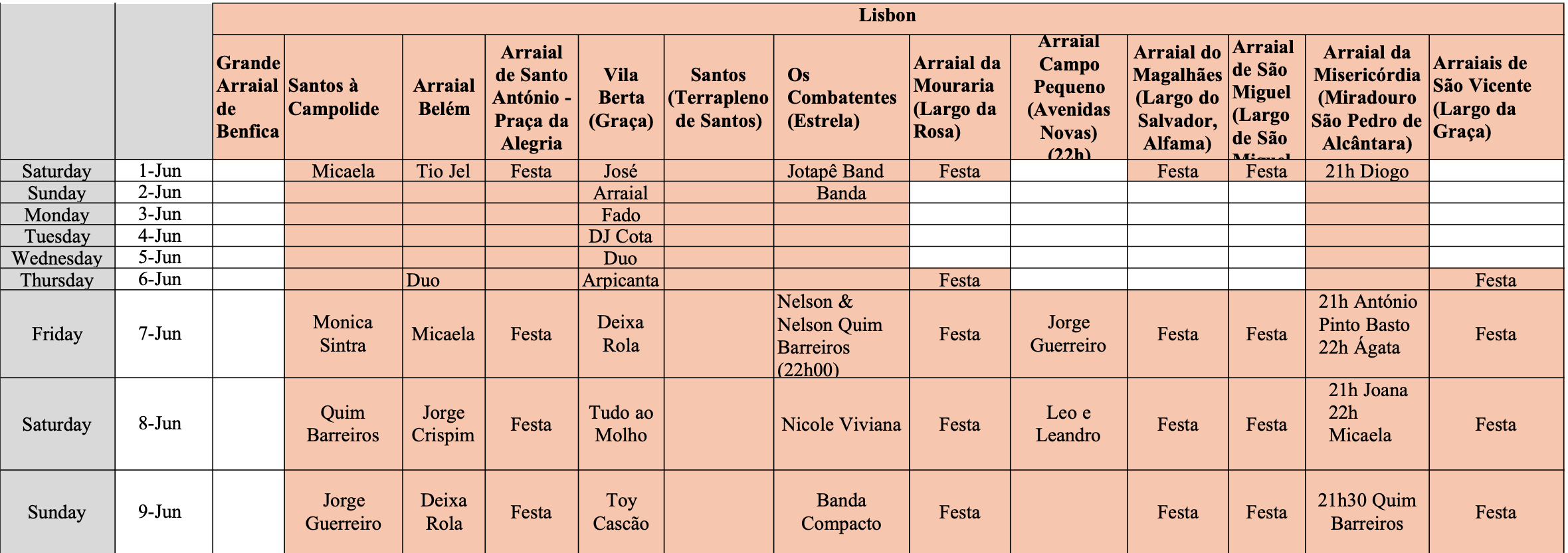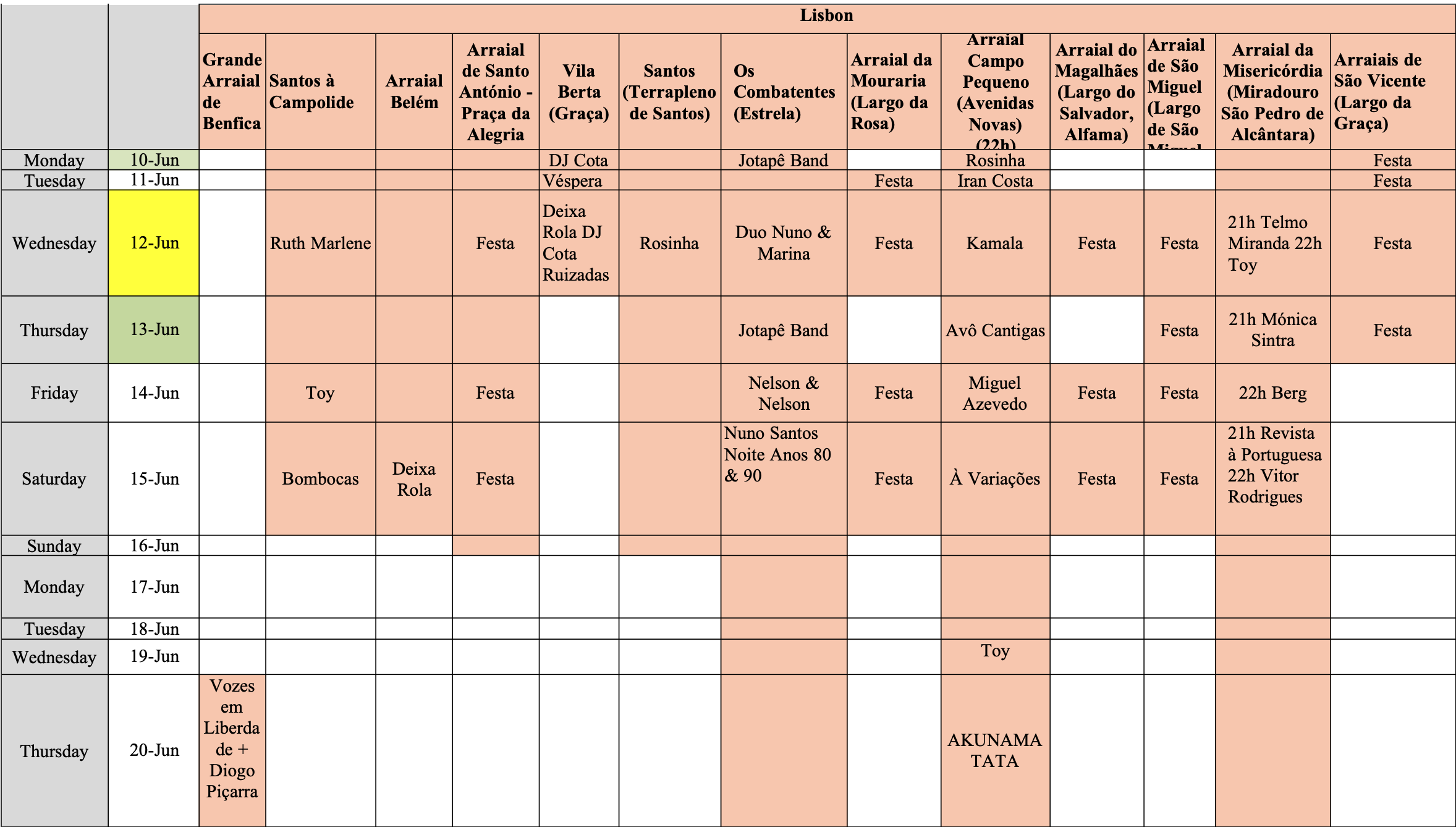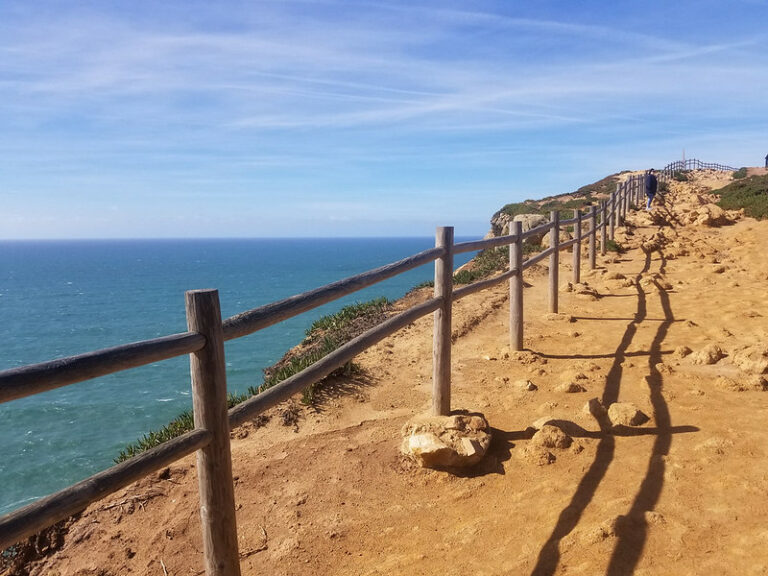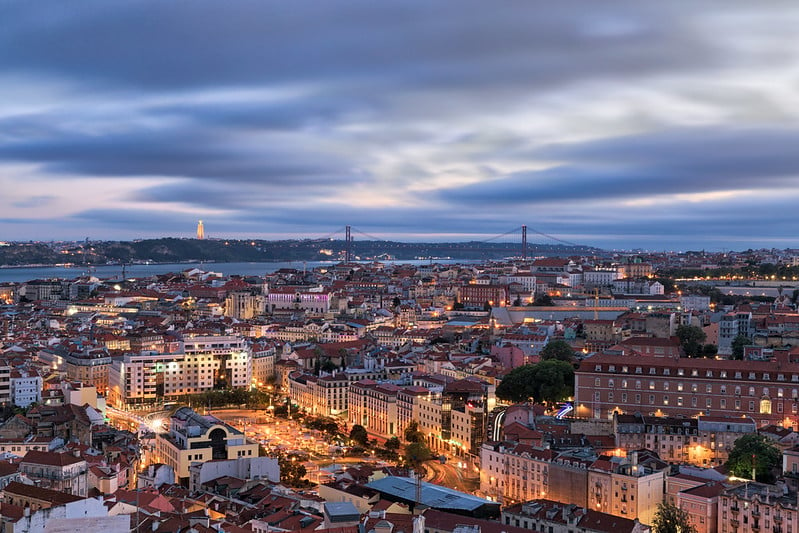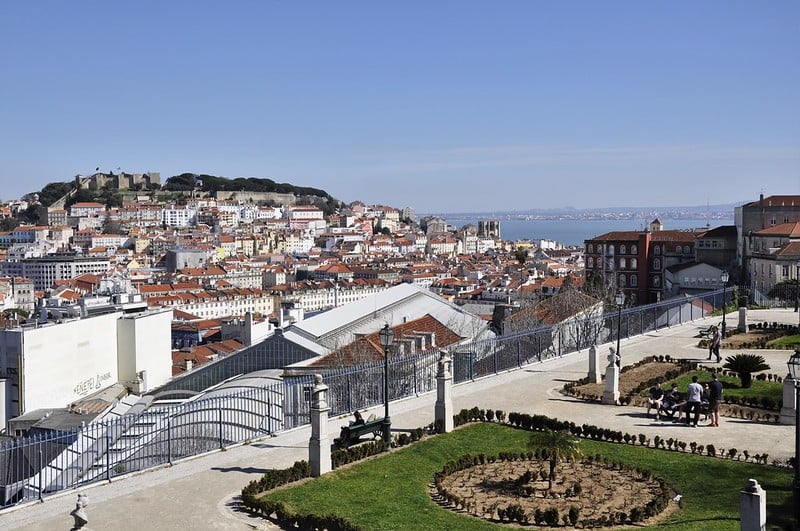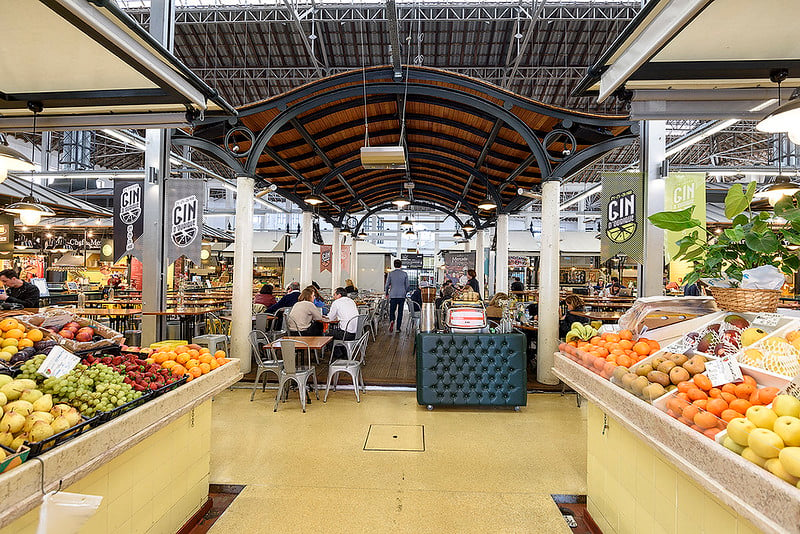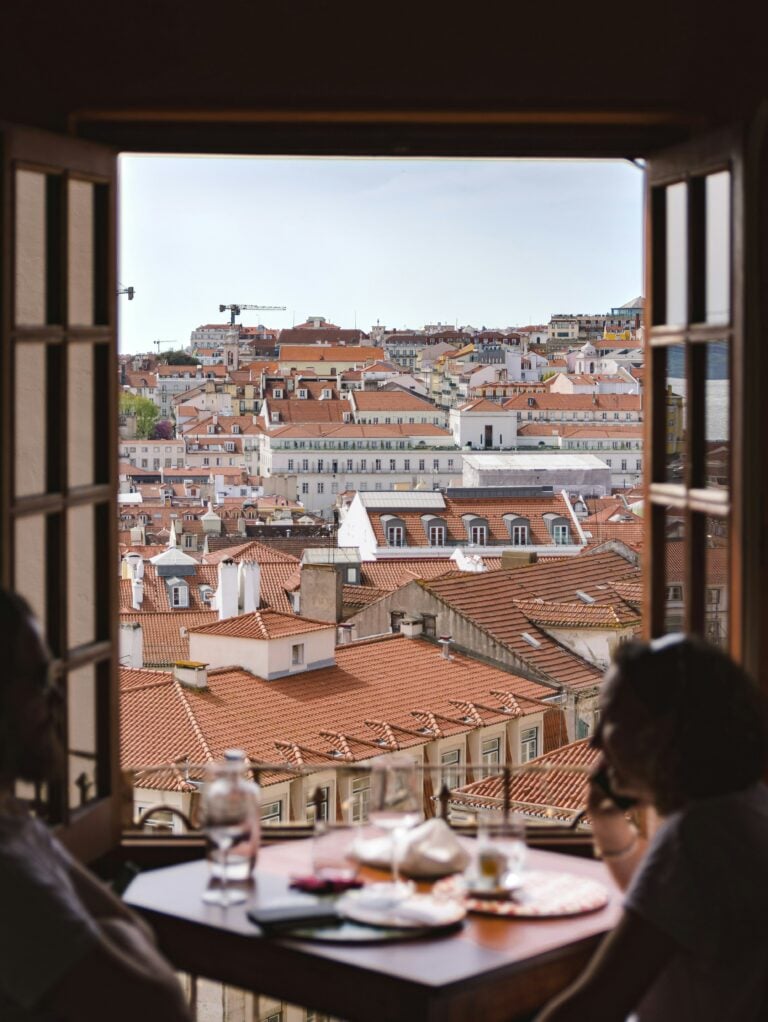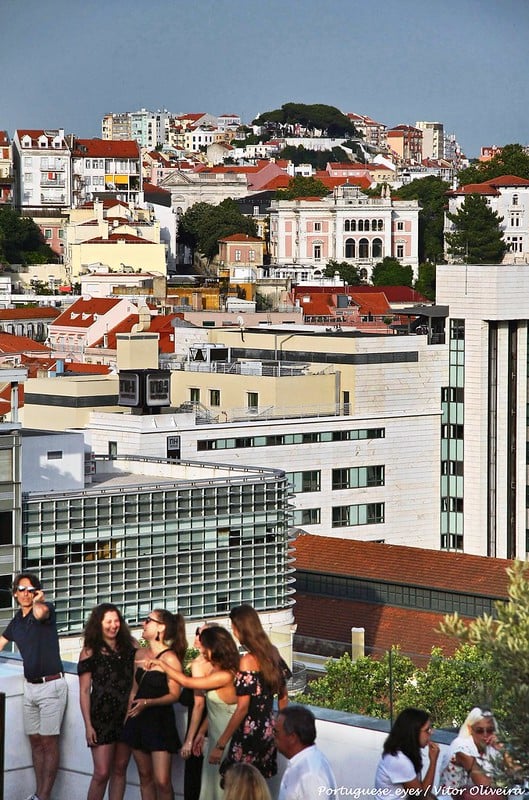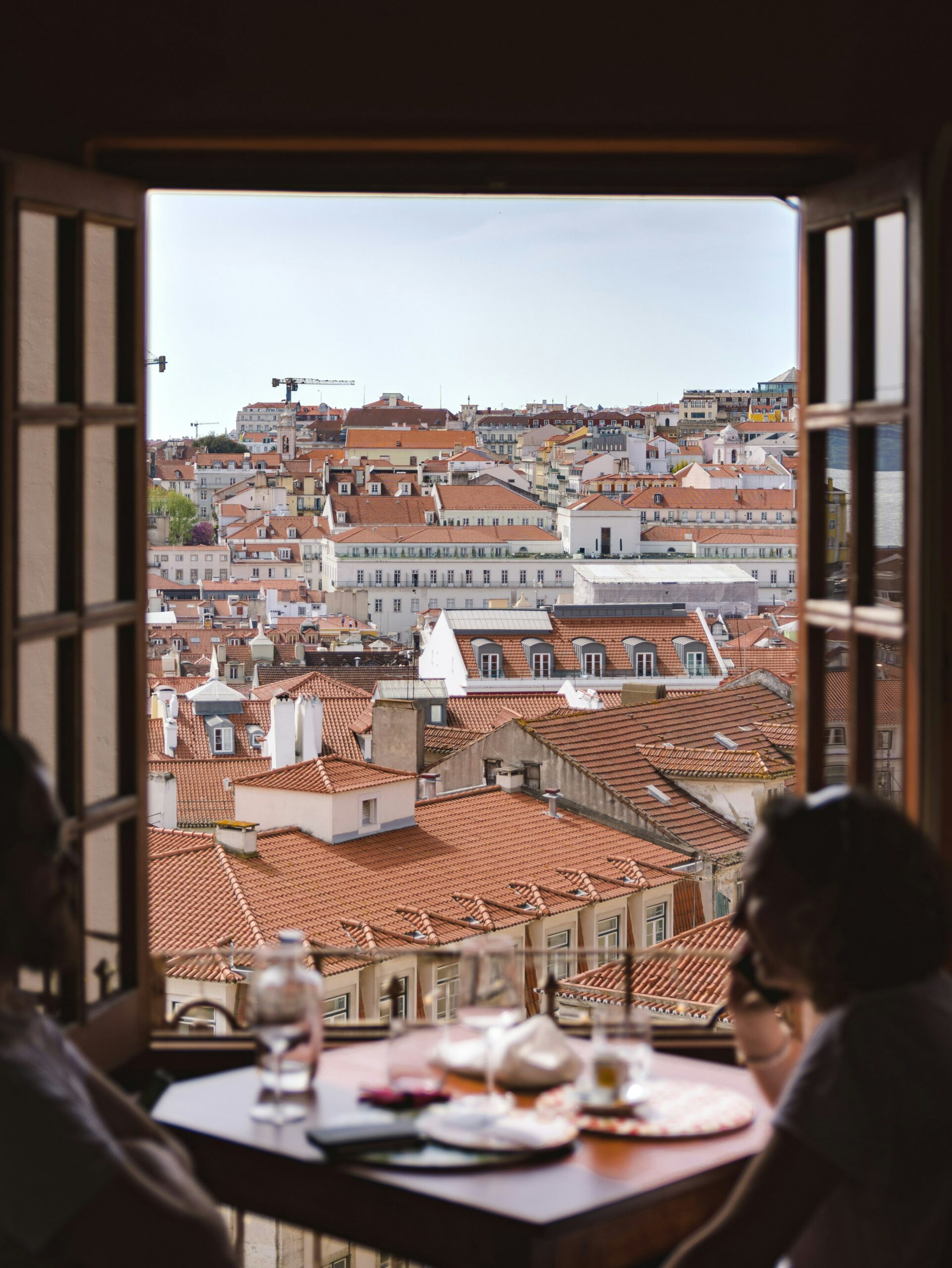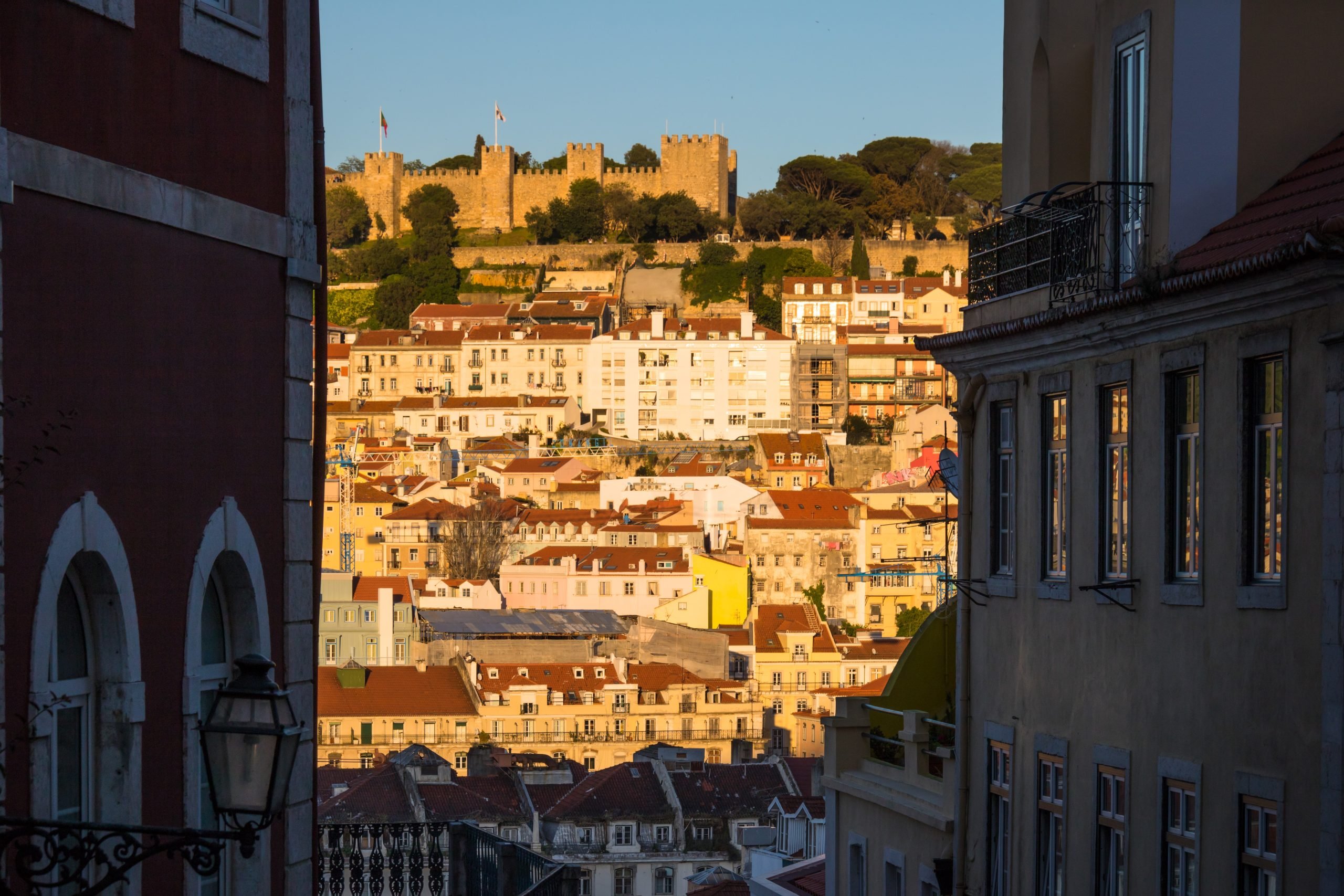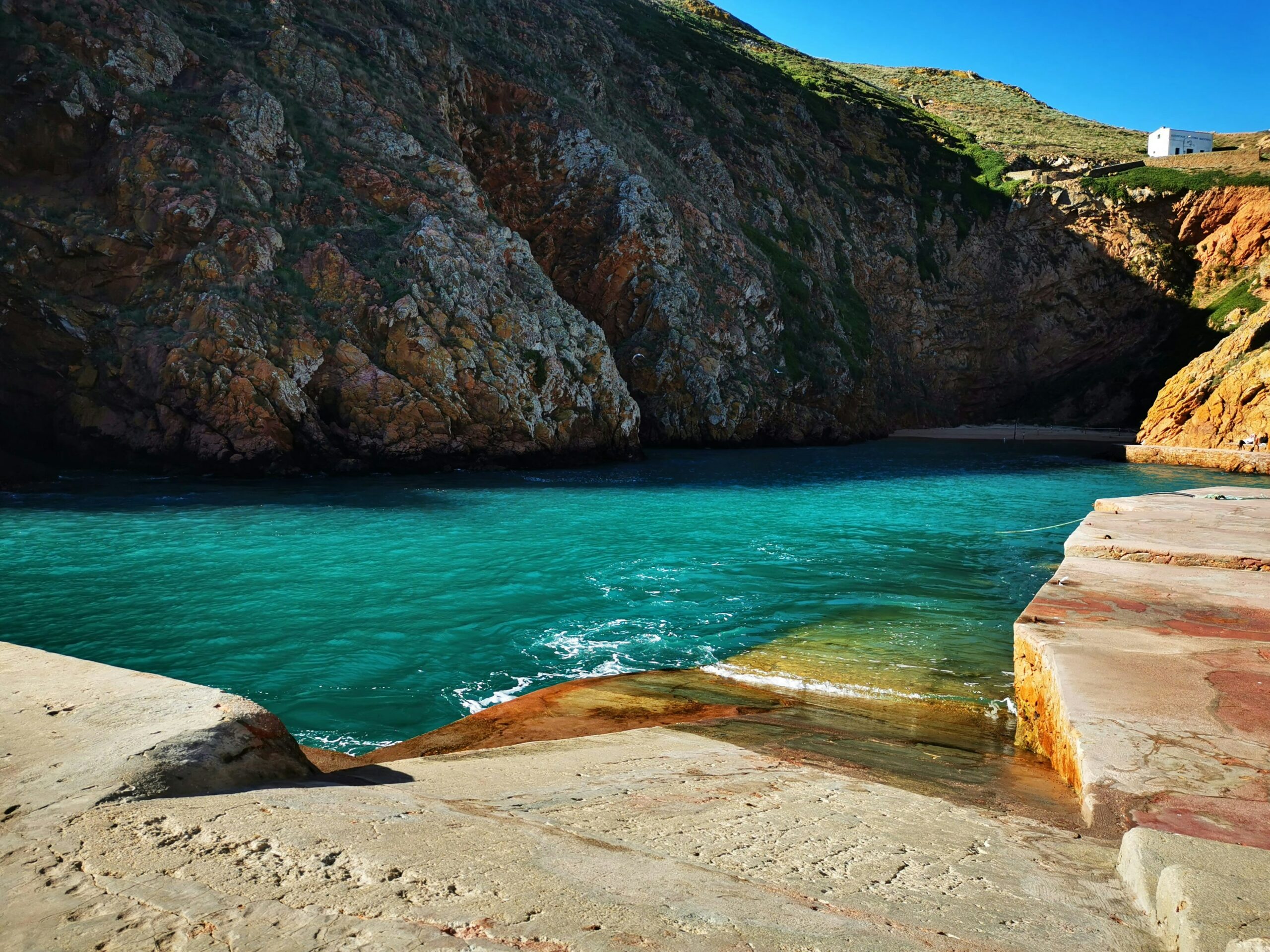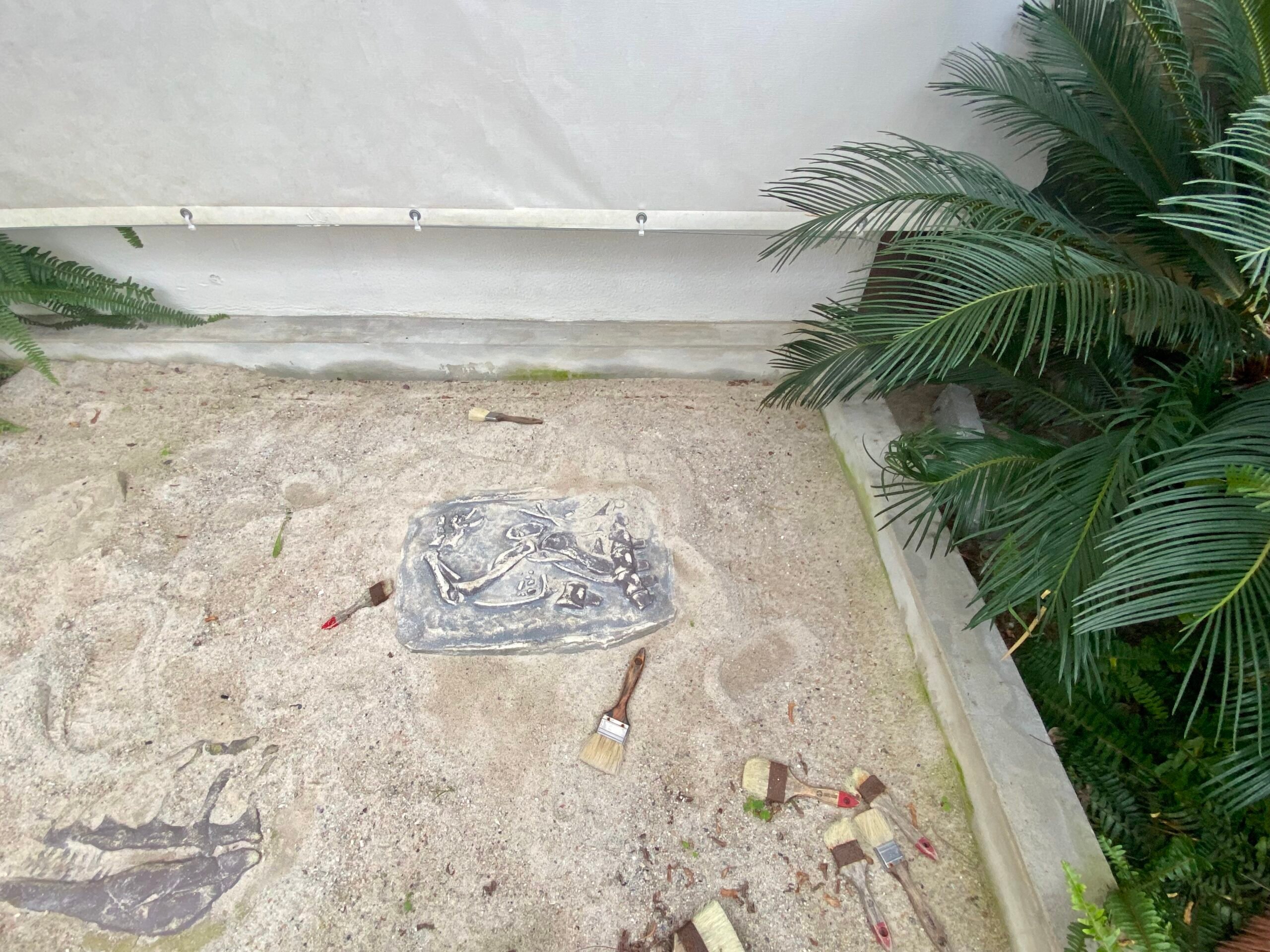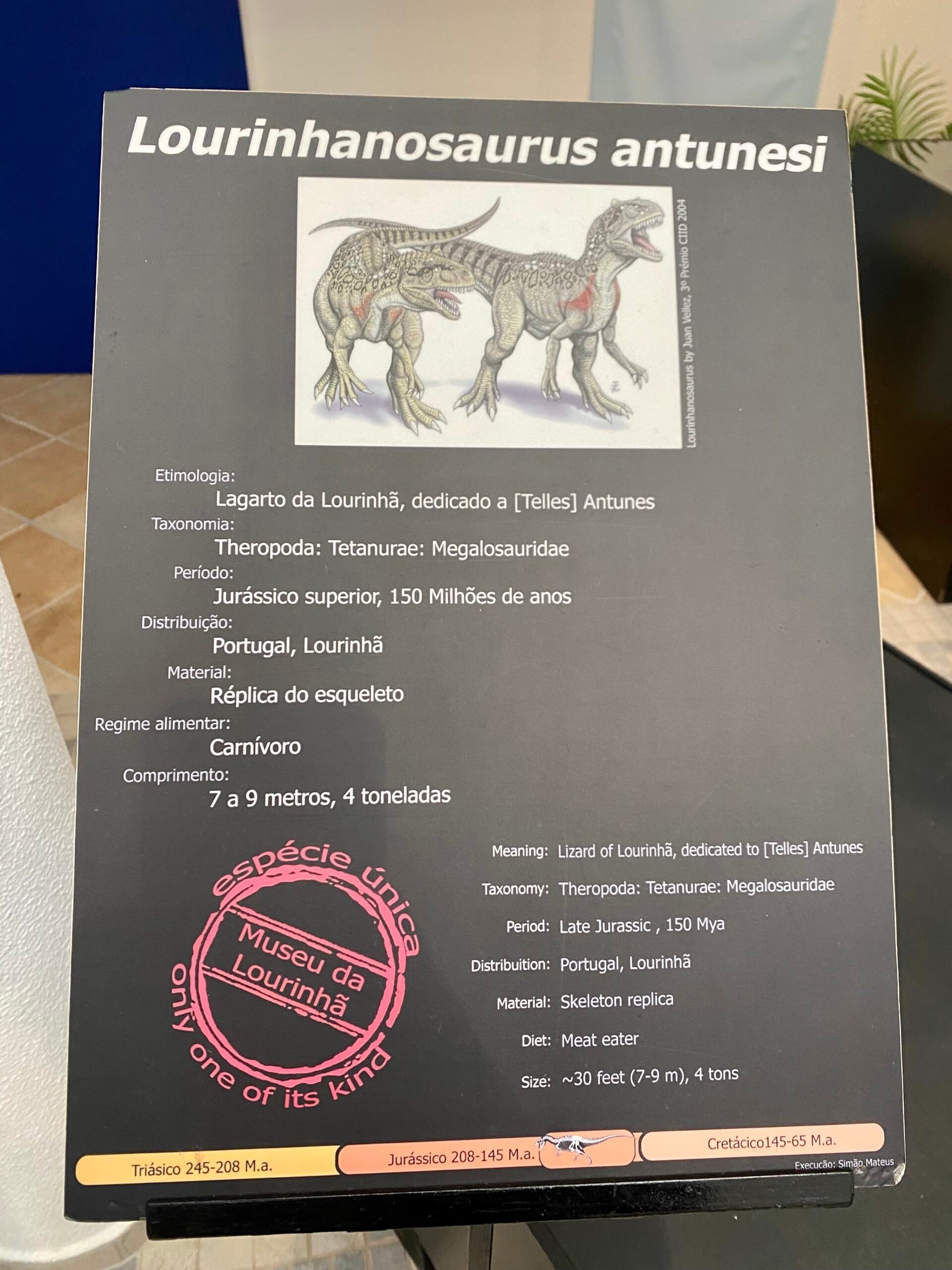Portugal is bliss – from North to South and from West to East, the entire country has something to offer to each of its visitors, regardless of preferences. However, it may be a little bit more difficult for introverts, for example, or those who simply dislike crowds, to find their dream holiday location in Portugal.
Without a single shred of doubt, Portugal is a highly touristic country. In fact, 2023 broke records in terms of visitors, with over 30 million tourists entering the country and enjoying its sunny beaches and serene countryside.
As such, if you want to plan ahead and pick those less crowded summer destinations to visit, you might want to give this article a read. In the following lines, you’ll learn more about seven such destinations – minimal crowds and amazing sights, basically everything you need for a calm and relaxed holiday!
1. Marvão – a Medieval Village Bordering Spain
Top attractions off the beaten track in Marvão:
- The Castle of Marvão – a castle built before 1300, sitting on a hilltop at 867 meters above sea level. The interior can be accessed, as well as the fortifications – there’s even a cafe there!
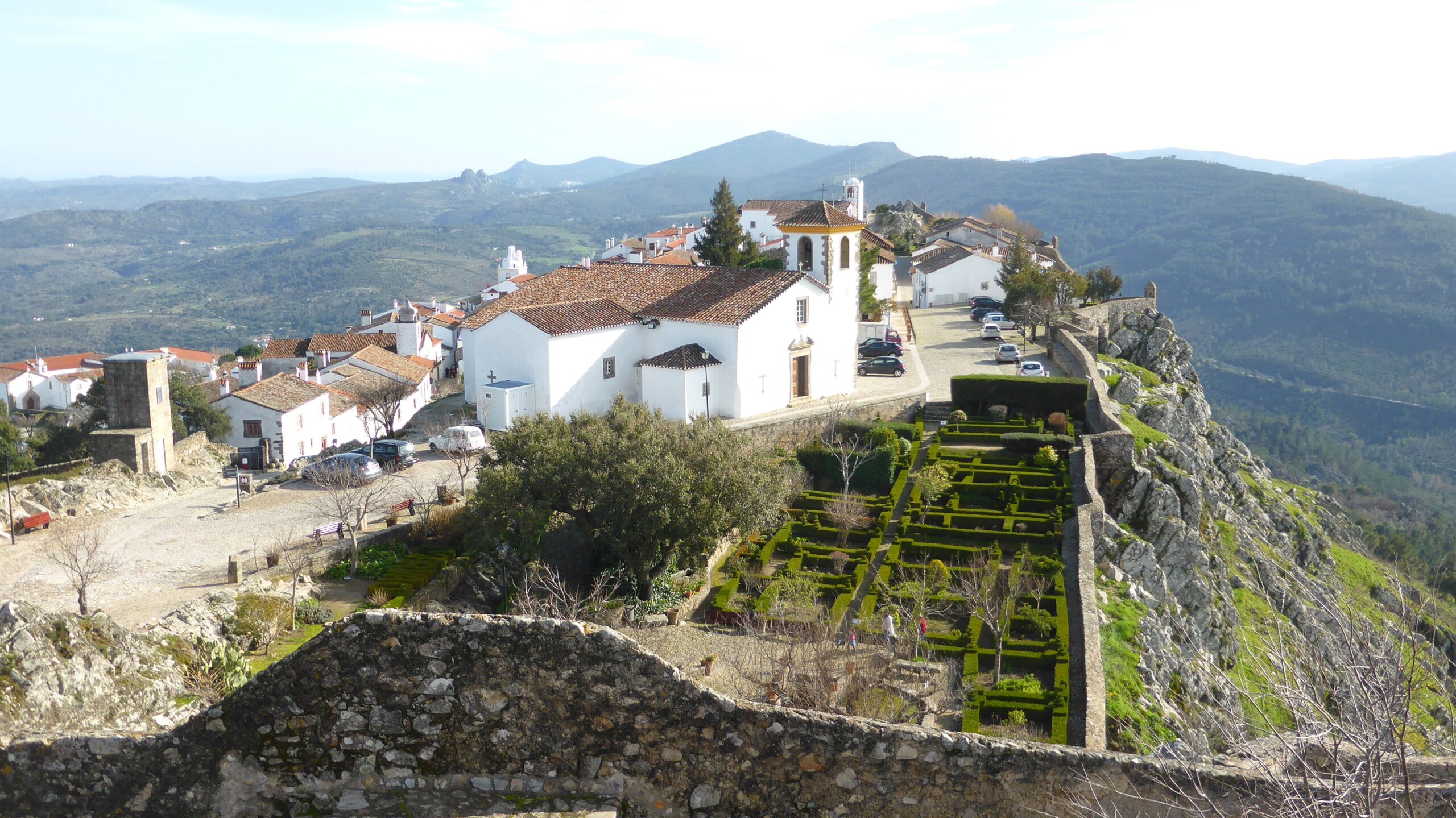
- Cidade de Ammaia – the Roman ruins of the city of Ammaia can be found in the Serra de São Mamede Natural Park. The ruins likely date back to the beginning of the 1st century;
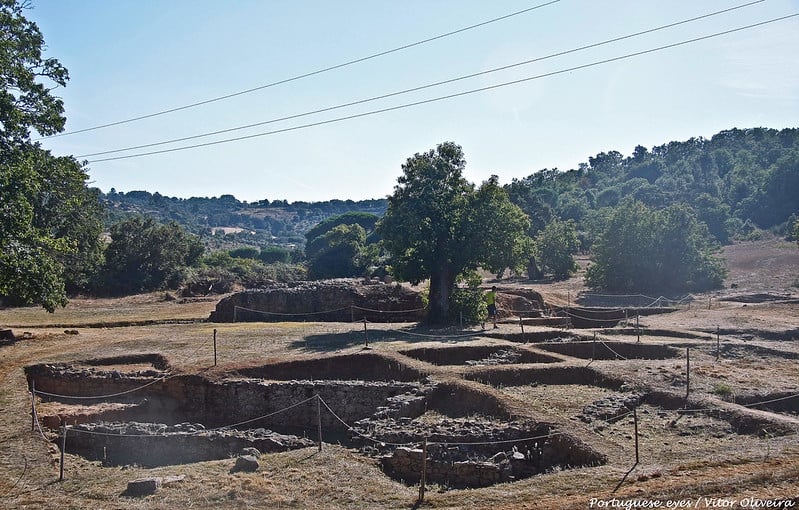
- Serra de São Mamede Natural Park – a protected natural park with large areas of eucalyptus, maritime pine, and olive trees. There are over 800 species that call the park their home!

João Veiga, Flickr
If the ocean breeze is not your cup of tea and you would rather spend your afternoon hiking through and discovering hills and mountains, Marvão might be the ideal destination for you. This medieval village sits in the East, right on the border with Spain, in the rather famous region of Alentejo.
Back in 2020, Marvão had a population of only 2,972 inhabitants, making it perfect for those who don’t enjoy surfing the crowds. In Marvão, instead, you’ll be tasked with discovering every bit of architecture in the city – as there’s plenty! For a better view of both the city and the surrounding valley, Marvão has its own castle you can explore.
We could say more to describe Marvão, but words are best used by Jose Saramago – “From Marvão one can see the entire land […] From this place, […] visitors may respectfully murmur, ‘How great is the world.”
If you don’t want to avoid crowds entirely, you should visit the city in July, during the music festival, or in early November to attend the Chestnut Festival. In short, there’s plenty to do in Marvão, so you should definitely give it a try!
2. Serra da Lousã – Nature’s Gem, Hidden Deep within the Country
Top attractions off the beaten track in Serra da Lousã:
- The Castle of Lousã – a National Monument situated on the right margin of the Arouce River, surrounded by lush forests. It was built around 1080 as a defensive line for Coimbra;
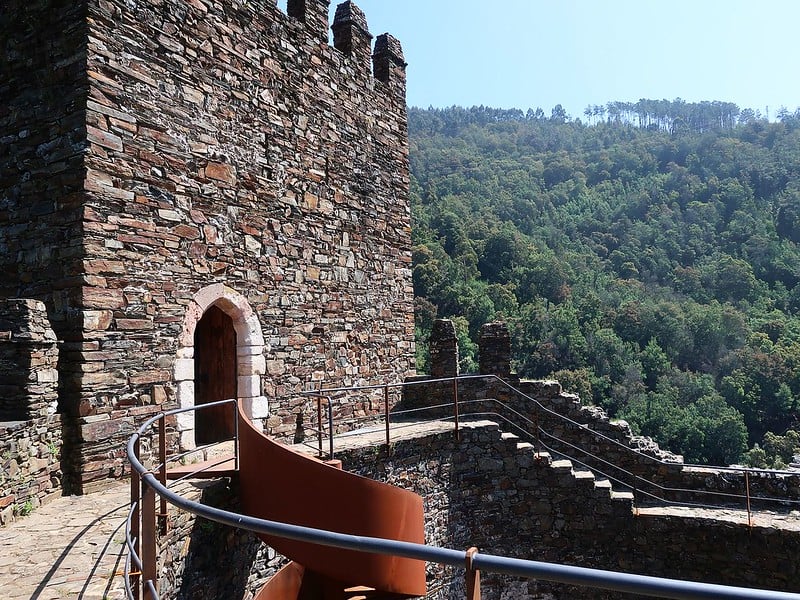
Bosc d’Anjou, Flickr
- Fragas de São Simão – while a bit far from Serra da Lousã, Fragas de São Simão can offer hikers a truly unique experience – a 1730-meter trail made of wooden paths that can be explored in around 45 minutes;
- The ecological park Serra da Lousã – an ecological park consisting of a protected forest and numerous landscaped habitats that shelter both domesticated and wild animals;
Hidden in the central part of Portugal one can find Serra da Lousã, a village surrounded by lush forests and hills – even going as high as 1205 meters (Alto do Trevim). The village is 30 minutes away from Coimbra and marks the entrance to the country’s mountain range. There, you can find both modern establishments and more rural retreats that have now spawned in the place of former abandoned villages.
Deer and wild boars inhabit these lands, so you won’t be alone on the hiking trails. However, you will most likely enjoy the slate villages more – conquered by nature, making for a dreamlike experience for any visitors, regardless of age.
Naturally, Serra da Lousã is a top destination for those who like being on the move and not basking under the sun. The summer there can be quite humid, but enjoyable nevertheless – nature will make sure of that!
It’s highly advised to come prepared for hiking and trekking – proper equipment will allow you to enjoy Serra da Lousã to the fullest.
3. Miramar – A Coastal Wonder, Undiscovered, Steps Away from Porto
Top attractions off the beaten track in Miramar:
- Praia do Senhor da Pedra – main beach with its own chapel and a clear, unobstructed view over the ocean;
- Passadiços da Ribeira do Espírito Santo – designated hiking area very close to praia de Miramar;
- Praia de Miramar – one of the main attractions of the village, a sandy beach featuring a rocky ocean bed and direct access to cafes, restaurants, and everything a tourist would need.
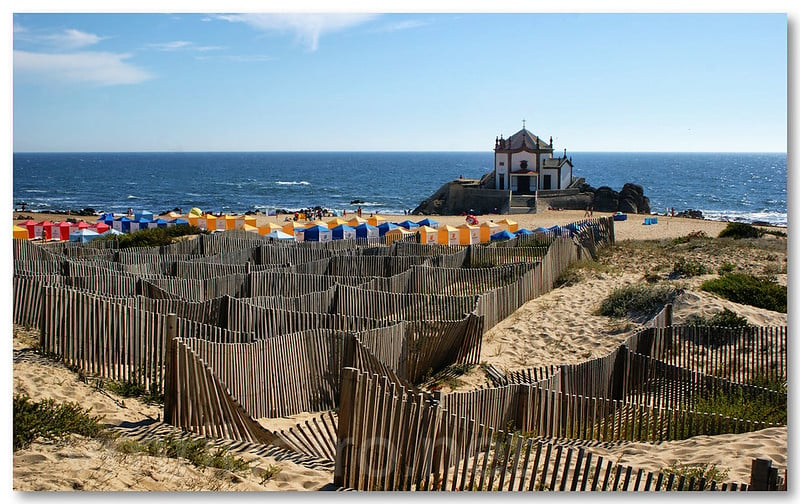
You can’t enjoy Portugal without basking in the sun on at least one sandy beach! This applies to most people who want to visit this wonderful country, especially in the summer. Out in the open (not quite off the beaten track), hidden very close to the city of Porto, you can find Miramar, a small seaside village.
Praia de Miramar is what makes the village a top destination for those who have already visited the village. According to most, even in the midst of summer, while beaches around Lisbon and Porto are filled to the brim with both locals and tourists, one can still enjoy an undisturbed walk or a session of sun basking on Praia de Miramar.
On the rocky shore of the beach, you will also find a chapel overseeing the ocean. If you want to feel like starring in your own movie, this is the perfect destination!
On top of everything else, you can still have Porto as your main stop, visiting Miramar only for a quiet afternoon at the beach or a quality brunch in one of the esplanadas that crown the beach.
If you want to come across more hidden gems, we recommend exploring the areas south of Miramar until you get to: Praia da Aguda, Praia de Brito, and Praia Azul Espinho.
4. Sagres – the Southern Tip of Portugal, Waiting for You
Top attractions off the beaten track in Sagres:
- Farol do Cabo de São Vicente – the lighthouse of Cabo de São Vicente offers an amazing sunset view over the ocean. Be careful, though, as it can get quite windy there!

- The Sagres Fortress – a military structure overseeing the southern part of Sagres. It can be fully explored and is definitely the centerpiece of the city;
- Praia do Beliche – a little bit in the northwest of the Sagres Fortress, you’ll find Praia do Beliche, one of the most popular and beautiful beaches in the city.
The city of Sagres is the southernmost and westernmost point of the country (and the westernmost in the region of Algarve). If you want a genuine retreat, far from everything that’s popular and crowded, Sagres should be at the top of your list!
This civil parish is home to a little under 2,000 inhabitants. As such, the risk of crowds is minimal, be they even tourist ones. Despite its size and population, Sagres is home to several beaches you can discover freely – Praia da Mareta, Praia da Baleeira, Praia do Martinhal, Praia do Belixe, and Praia da Ponta Ruiva, among a few others.
However, the place you really want to visit is Fortaleza de Sagres, a 15th-century fortress featuring a single fortified wall and three natural cliffs overlooking the ocean. What visitors have loved the most about the fortress is that it allows for unobstructed views over the fishermen who fish at the end of the world!
Of course, for a clear view of the entire ocean that spans south of Portugal, you can leave Fortaleza de Sagres behind and head to Mirdadouro do Cabo Sagres – it’s only 8 kilometers away!
5. Coimbra – Portugal is Not only Lisbon and Porto
Top attractions off the beaten track in Coimbra:
- Portugal dos Pequenitos – a miniature park located right in the middle of Coimbra. It features miniature versions of Portuguese-specific monuments and houses;
- Santa Cruz Church – a National Monument of Coimbra, the Santa Cruz Church can be found by simply exploring the city. It is known as the Church of the Holy Cross and features the Manueline architecture style;
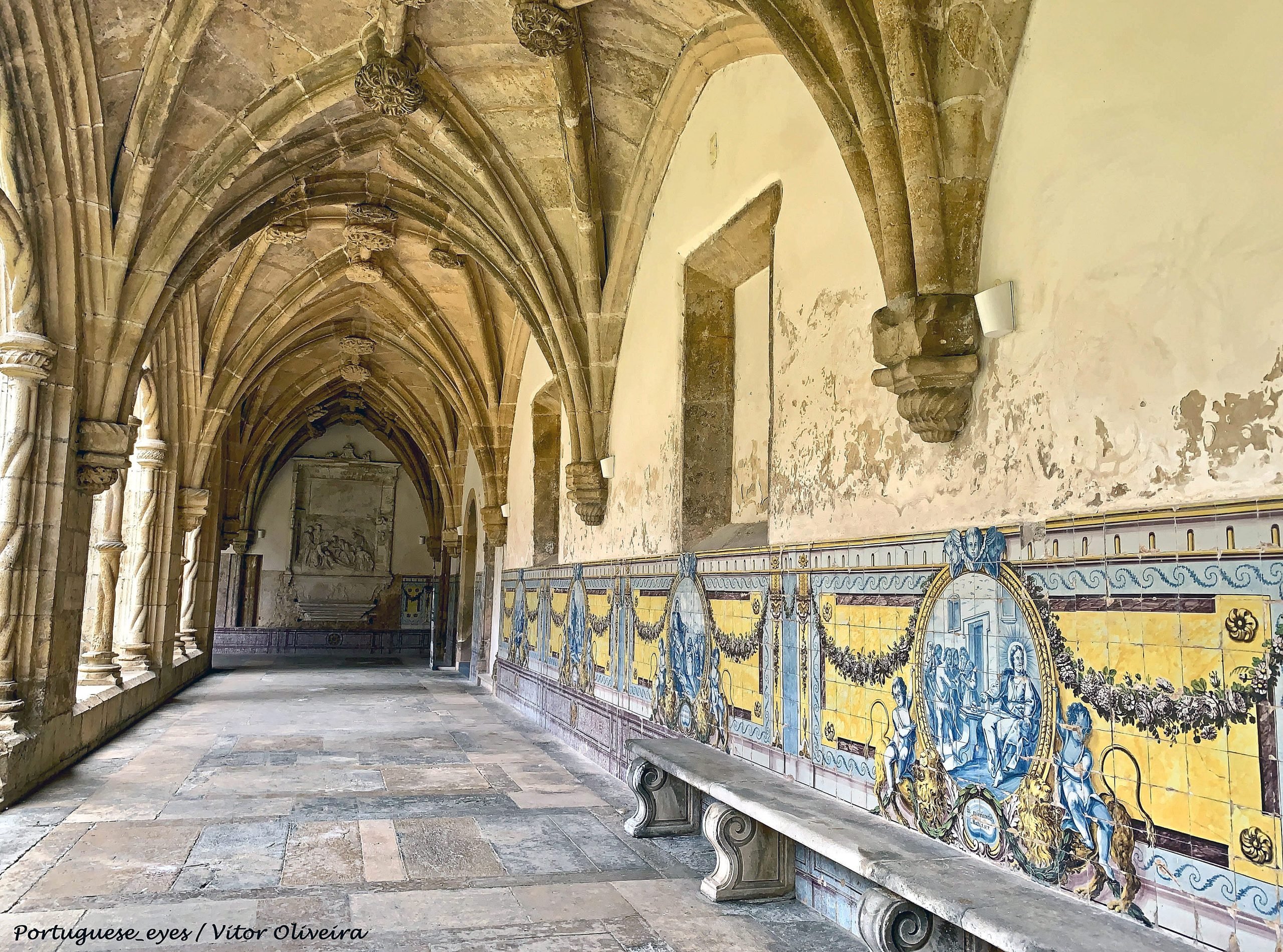
- Palace of Schools – the city’s historic square, found right in the center of Coimbra University. An absolutely stunning campus featuring unique architecture and brimming with decorative elements.
If you want to visit a major city but would like to stay away from the crowds of Lisbon and Porto, why not visit the country’s former capital, Coimbra? It’s a little bit more inland than the other two cities, meaning it has no direct access to the ocean, but you can always drive to Figueira da Foz, a city with eight different beaches you can explore!
Back to Coimbra, the city is as Portuguese as it can get – cobbled streets and places filled to the brim with historical and cultural landmarks. In fact, in Coimbra, you can find a cryptoporticus and an aqueduct dating all the way back to the Roman era.
You’ll also visit the first established university in Portugal, a university whose buildings are part of UNESCO’s World Heritage site. Did you know that the university library, known as the Joanina Library, is home to a large colony of bats that protects the ancient books by eating pest insects?!
Coimbra is covered in pure culture but does not lack nature, an element specific to all of Portugal. As such, the city shelters Reserva Natural do Paul de Arzila, a special protection and conservation wetland zone inhabited by migratory birds and various other animal and plant species.
For even more nature, you can stop by the University of Coimbra’s Botanical Garden, one of the oldest botanical gardens in the entire world!
6. Ferragudo – the Prettiest Village in the Algarve Region
Top attractions off the beaten track in Ferragudo:
- Praia dos Caneiros – a delightful beach bordered by cliffs, very close to the center of the village. If you find it too busy, you can try Praia do Pintadinho;
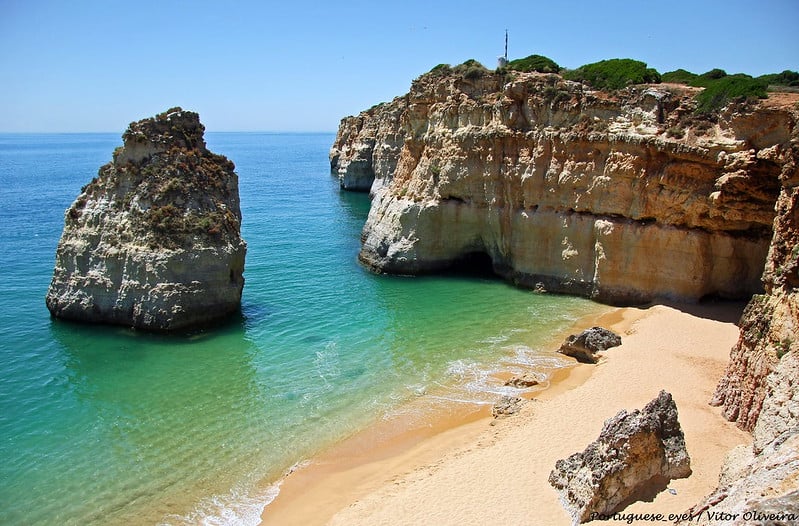
- Praia do Molhe – a beach even closer to the center of the village. It also features a walkway and multiple viewpoints. Praia do Molhe is a bit tiny, but since crowds are strangers to this place, that won’t be a problem;
- Camino dos Promontorios – a hiking area on top of the cliffs that also shelters a lighthouse, Ponta do Altar.
In the southern part of the country, washed by both the ocean and the Arade River, you can find the village of Ferragudo, a traditional fishing village whose landscapes will leave you breathless!
This village is the perfect embodiment of typical Portuguese sights – sunsets on the shore, fishing boats lying around, and the entire city bathing in warm street lights, without any concrete monoliths obstructing the view. It’s traditional, it’s pleasant, it’s Ferragudo, Portugal!
The village is a stranger to crowds mainly because it sits at the mouth of the mentioned river. As such, there’s no direct access to the most popular beaches for swimming and sunbathing. However, there are plenty of beaches you can walk to or drive by in the surrounding areas.
Consider Ferragudo as more of an incredibly beautiful retreat that you must explore – once again, cobbled streets, adorned with the characteristic colored houses of Portugal, many of which are decorated with climbing plants and flowers that will brighten your day!
For those who want to interact as little as possible with people or crowds during their holiday, Ferragudo has a trailer park on the east side of the village.
7. Guimaraes – the Place Where Portugal Was Born
Top attractions of the beaten track in Guimaraes:
- The Guimaraes Castle – a medieval castle built in the 10th century as a defense structure for the nearby monastery. It is described as simply breathtaking by visitors;

- The Ducal Palace of the Braganza – very close to the Guimaraes Castle, the Ducal Palace of the Braganza is a medieval estate built in 1420. Since it was initiated by the illegitimate son of John I of Portugal, Afonso, Count of Barcelos, the palace is imbued with history;
- The Sanctuary of Penha – a modern religious sanctuary featuring a hilltop piazza that offers stunning views over the surrounding areas. Bring a pair of comfortable shoes, as you’ll want to walk around to see every corner of this beautiful sanctuary!
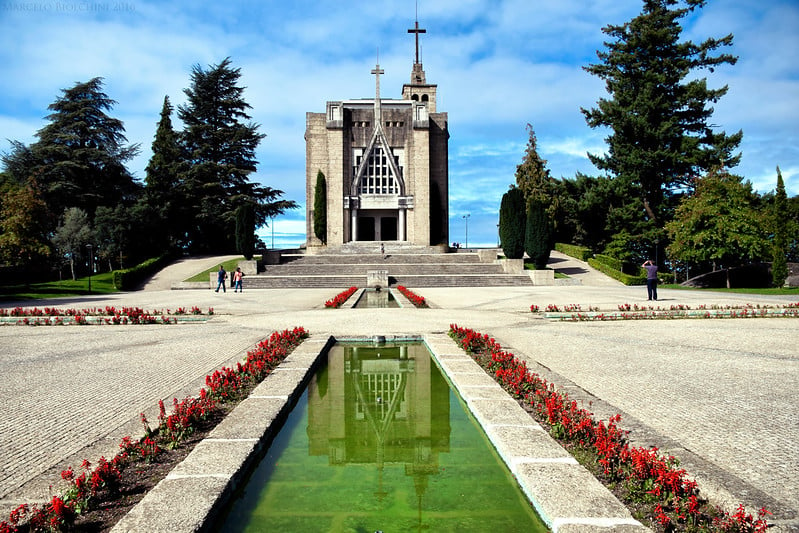
- Igreja de Nossa Senhora da Oliveira – a monastery that was built in the Romanesque style, although it has been reconstructed and few original elements have been retained.
The city of Guimaraes once was the country’s capital – actually the first after Portugal became independent. However, it is named the place where the country was born because the very first king of Portugal was born in Guimaraes.
While Portugal is most famous for its sunny beaches and views over the ocean, we decided to end our list with Guimaraes because it’s a testament to what Portugal truly is – culture, impressive architecture, and pure beauty conserved through time.
It’s not wrong to love the country solely because of its many beaches, but one shouldn’t ignore all the other things that make Portugal, well, Portugal!
If you find yourself here, away from all the crowds, you must visit the Nossa Senhora da Consolação church that sits on the Largo Republica do Brasil avenue – the view is simply stunning!
Then you should head to Monte da Penha, a hill sitting at 613 m above sea level that shelters a church complex but, most importantly, offers impressive views over the entire surrounding region.
One of the top attractions in Guimaraes is the Igreja de Nossa Senhora da Oliveira, a monastery built back in the 10th century.



